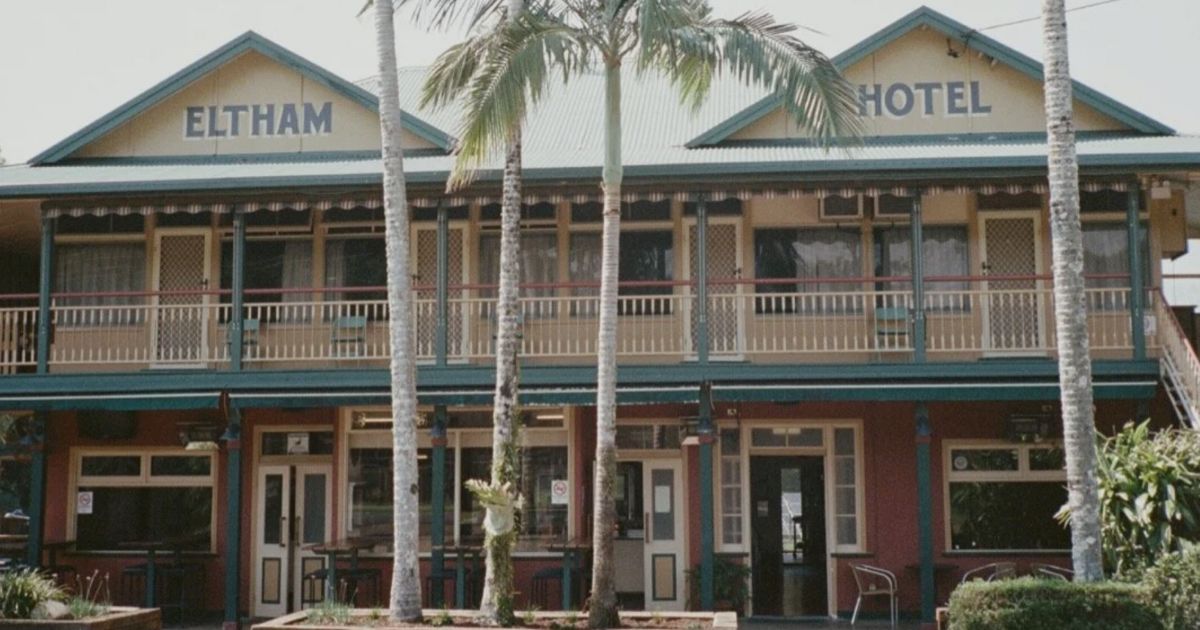Aussies set to save big as RBA moves to scrap card fees

The central bank has recommended that surcharge fees on both debit and credit cards be scrapped. (David Crosling/AAP PHOTOS)
Australia’s central bank has unveiled an RBA card surcharge proposal that could save consumers more than $1 billion each year by scrapping fees on debit and credit card payments.
The Reserve Bank of Australia (RBA) review into merchant payment costs suggests removing surcharges on EFTPOS, Mastercard and Visa transactions. The RBA found these charges do not help people make better payment choices.
Another part of the RBA card surcharge proposal is to lower the cap on interchange fees paid by businesses, which could deliver Australians an extra $1.2 billion in savings.
An interchange fee is charged to businesses by a customer’s card issuer each time a transaction occurs.
The proposals go beyond what the federal government had flagged. Treasurer Jim Chalmers previously suggested banning fees only on debit card payments from 2026. The RBA’s plan would also cover credit cards.
Australians pay around $1.2 billion in surcharges every year, or roughly $60 for every card-using adult.
Removing surcharges would also stop customers from switching payment methods just to avoid extra costs.
RBA governor Michele Bullock said both consumers and businesses would benefit, with fewer Australians now paying in cash.
“Customers would avoid paying surcharges, while businesses would no longer be forced to face high costs of accepting card payments,” Ms Bullock said.
“We think the time has come to address some of these high costs and inefficiencies in the system.”
The RBA wants to remove its own ban on ‘no-surcharge’ rules. It expects card networks would then apply these rules, as has happened overseas. If not, it would recommend the government legislate to ban surcharges.
Lowering interchange fee caps would mainly help small businesses, which often face higher fees. The RBA found 90 per cent of small businesses would benefit, saving a combined $185 million.
Improved transparency by forcing card networks and big payment providers to publish fees is also proposed to boost competition.
A six-week consultation period is now under way, with changes expected from July 2026.


















